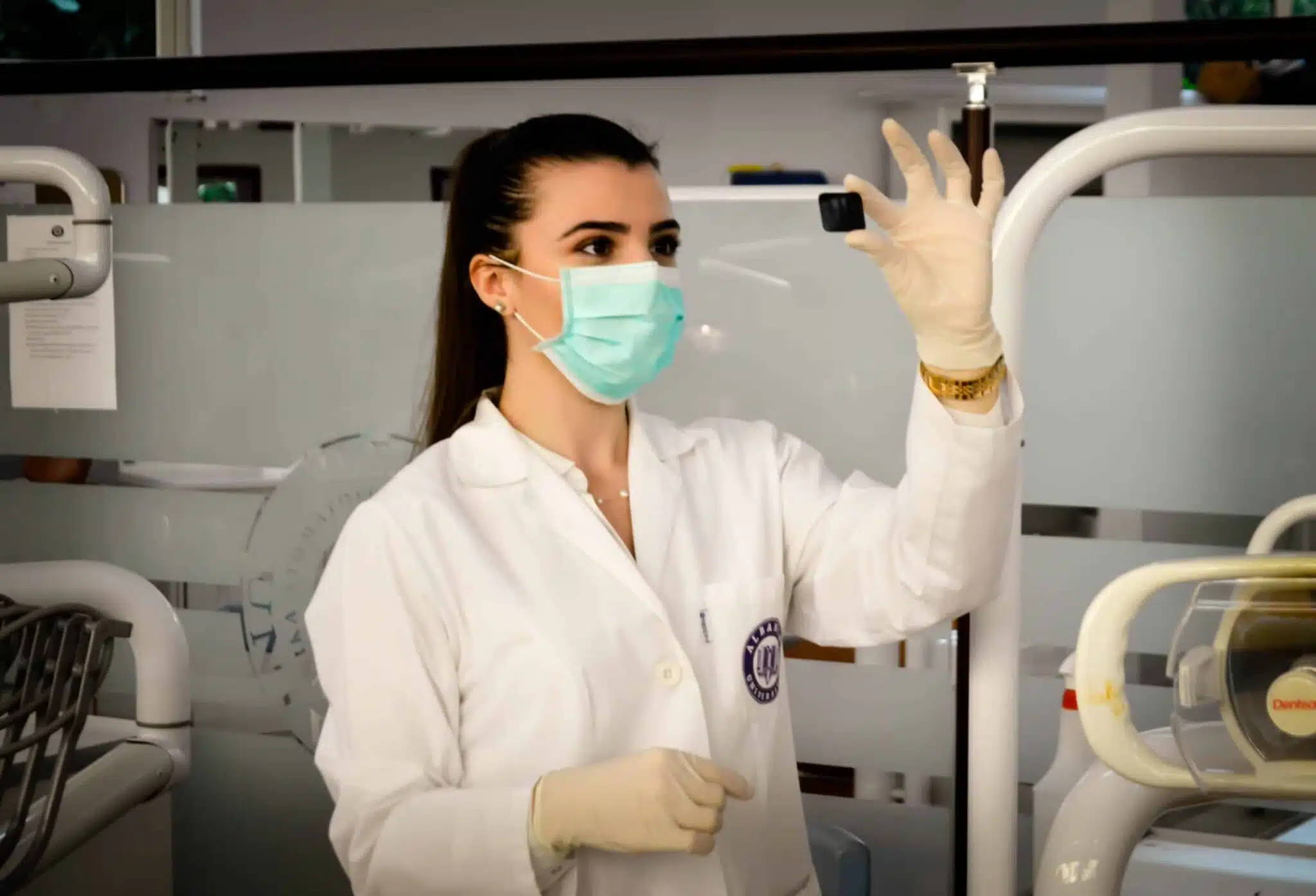To become a Certified Registered Nurse Anesthetist (CRNA) you need to go through any of the Nurse Anesthetic Programs in Nigeria, that is if you wish to practice in Nigeria. This training is important as you will have a responsibility that is almost as important as a physician, and mostly in the surgery theater. You will need to undergo the professional nurse anesthetic programs in Nigeria after you have become a registered nurse.
Quick Facts About Nurse Anaesthetist
The responsibility of administering anesthetics to patient before, during, and after surgery is an important and delicate one as there are patients who may be allergic to certain anesthesia and will perform better, giving the surgeons an easier task, and improving the chance of success of surgery. Training in how much of anesthetic is required and what factors determine them will be given, as well as the safety of certain anesthetics over others.
In this article, we will help you understand how you can become a CRNA by engaging in the nurse anesthetic programs in Nigeria, to help you climb higher in your career ladder, and give you the knowledge you need to be a success. Chances are you are a nurse and wish to improve on your knowledge and consequently, your responsibility and pay.
Who is a Nurse Anesthetist and What Do They Do?
When patients come in the hospital and they are in great pain, which could hamper the administration of medical care on them, or become too much for them to bear, they are usually given anesthetic drugs. These drugs help them to reduce the sensation of pain by blocking the central nervous system from receiving those impulses. The professional who administers these drugs is called an anesthetist. However, in the absence of one, a registered nurse trained in this practice can perform the drug administration. The nurse that is trained to do this is the Nurse Anesthetist.
The Nurse Anesthetist is a medical professional who is first of all, a registered and practicing nurse, who has undergone training in anesthesiology, and is certified as a CRNA, to administer anesthetic drugs on patients.
They are usually trained to know the different types of anesthetic drugs that is suitable for different kinds of patients, considering their health status, the complexity of the surgery, and the appropriate technique to apply for greater chances of surgical and post-surgical success.
In some cases, the nurse anesthetist in a hospital is the principal anesthetist in the surgical theater, in other cases, they may be under the supervision of an anesthetist.
In summary, a nurse anesthetist is a professional trained to administer anesthetic drugs with the safety of the patient in mind to help make the surgical procedure a success.
How to Become a Certified Registered Nurse Anesthetist in Nigeria
In Nigeria, Nurse anesthetists have to undergo a post-basic nursing training before they are certified and registered to administer anesthetic drugs. There are institutions that offer these training and while their requirements are similar, there might be differences that you need to take note of, depending on the institution you prefer.
Generally, this program is called post-basic because it is required that you must be a registered, licensed, and practicing nurse before you apply for this training. In other words, you should have a bachelor’s degree in nursing, be registered as a nurse, and have a practicing license before you can be considered for the CRNA training program in Nigeria.
Follow these guidelines to be a partaker of the Nurse Anesthetic Programs in Nigeria:
- Be a graduate from any of the Nigerian School of Nursing
- Be registered as a nurse and have your practicing license
- Have your O’ level result as required for entry into undergraduate admission
The Nurse Anesthetic programs in Nigeria is equivalent to a Masters degree, therefore, it runs for 18 months and there are only few institutions that offer this program in Nigeria.
Nurse Anesthetic Programs in Nigeria
We bring to you, the institutions that offer Nurse Anesthetic programs in Nigeria. This program is similar to what a medical practitioner studying to become an Anesthetist will get in their final year of study. The difference is in the target, that is Nurses.
- School of Post Basic Nursing Anesthetic Program, ABUTH, Zaria, Kaduna
- School of Post Basic Nursing Anesthetic Program, UNTH, Enugu
- School of Post Basic Nursing Anesthetic, ESUTH, Enugu
- School of Post Basic Anesthetic Nursing, JUTH, Jos, Plateau.
All of these institutions offer the Nurse Anesthetic programs in Nigeria and have the same requirement for prospective pupils as contained in the “How to Become a Certified Registered Nurse Anesthetist in Nigeria” section.
Conclusion
Managing pain is a complicated endeavor as it involves using drugs that may be unsuitable for patients. For instance, a patient who has an history of opioid abuse and addiction cannot use an anesthetic drug that is related to opioids. Therefore, the need to train nurses to effectively help in the administration of these drugs.
In Nigeria, there are requirements that should be met before becoming a Nurse Anesthetist, follow them as contained in this article and move to the next level of your nursing career.


